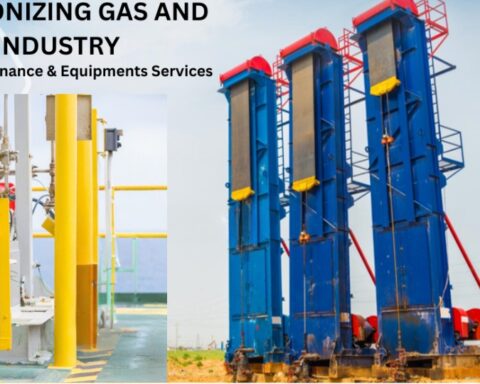In today’s highly competitive digital marketing landscape, success is contingent upon more than just executing marketing strategies. It’s equally important to measure and analyze the outcomes of your efforts. As a digital marketing agency in Ahmedabad, understanding how to measure success through Key Performance Indicators (KPIs) and analytics tools is paramount to achieving your goals.
The Importance of Measuring Digital Marketing Success:
Measuring the success of your digital marketing and SEO campaigns is crucial for several reasons:
Performance Evaluation: It allows you to assess the effectiveness of your strategies. By tracking KPIs, you can determine what’s working and what needs adjustment.
Data-Driven Decision-Making: It empowers data-driven decision-making. When you have access to insightful data, you can make informed choices about where to allocate resources and how to refine your campaigns.
Accountability: It establishes accountability within your agency. By setting clear KPIs, your team has specific targets to aim for, creating a sense of responsibility.
Key Performance Indicators (KPIs) for a Digital Marketing Agency and SEO Company:
Let’s explore the essential KPIs that your digital marketing agency and SEO company in Ahmedabad should be tracking:
Organic Traffic: Measure the number of visitors your website attracts through organic search. This is particularly relevant for an SEO company in Ahmedabad.
Conversion Rate: Track the percentage of visitors who take desired actions, such as filling out a contact form or making a purchase.
Click-Through Rate (CTR): Monitor the CTR of your ad campaigns. A high CTR indicates the relevance of your ad copy and targeting.
Cost Per Click (CPC) and Cost Per Acquisition (CPA): Assess the cost-effectiveness of your paid advertising campaigns.
Keyword Rankings: For an SEO company in Ahmedabad, monitoring keyword rankings is crucial. Are your clients’ websites ranking higher for their target keywords?
Return on Investment (ROI): Calculate the revenue generated compared to the cost of your marketing efforts. This is a fundamental KPI for measuring overall success.
Customer Lifetime Value (CLV): For an agency, understanding the long-term value of a customer is essential for client retention and growth.
Social Media Engagement: Analyze metrics like likes, shares, comments, and follows to gauge the performance of your social media campaigns.
Email Marketing Metrics: Track open rates, click-through rates, and conversion rates for your email campaigns.
Bounce Rate: Monitor the percentage of visitors who leave your site after viewing only one page. High bounce rates may indicate issues with website content or user experience.
Analytics Tools to Aid Measurement:
To effectively measure these KPIs, you’ll need the right analytics tools. Here are some popular options:
Google Analytics: This free tool provides comprehensive website and traffic analytics, making it indispensable for measuring KPIs like organic traffic, CTR, and bounce rate.
Google Search Console: Ideal for an SEO company in Ahmedabad, this tool offers insights into keyword rankings, click-through rates, and website performance in Google’s search results.
Social Media Insights: Platforms like Facebook, Twitter, and LinkedIn offer built-in analytics tools to track social media engagement KPIs.
Email Marketing Platforms: Popular email marketing platforms like Mailchimp, Constant Contact, and HubSpot provide detailed email campaign metrics.
Paid Advertising Platforms: Tools like Google Ads and Facebook Ads Manager offer in-depth insights into paid advertising KPIs like CPC and CPA.
CRM Systems: Customer Relationship Management (CRM) systems like HubSpot and Salesforce help track customer acquisition, retention, and CLV.
Measuring digital marketing success through KPIs and analytics tools is an indispensable part of your agency’s strategy. It’s the compass that guides your campaigns, helping you optimize your efforts for better results and ROI. For a digital marketing agency and SEO company in Ahmedabad, staying vigilant about tracking these metrics and staying up-to-date with the latest tools is essential for continued success in a dynamic industry.





